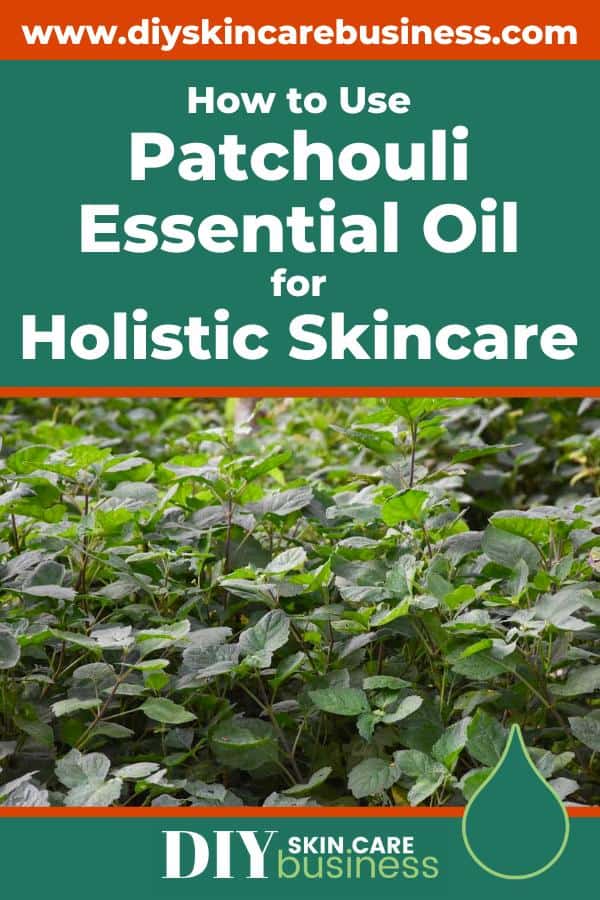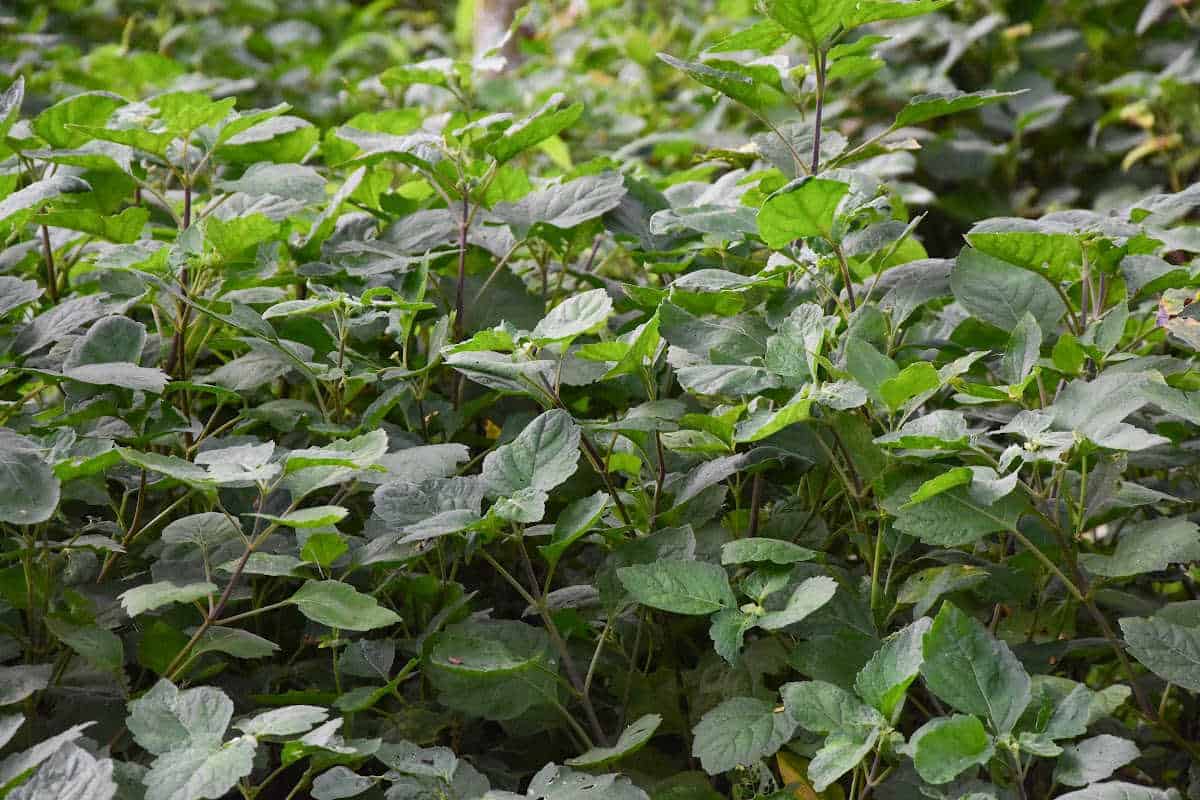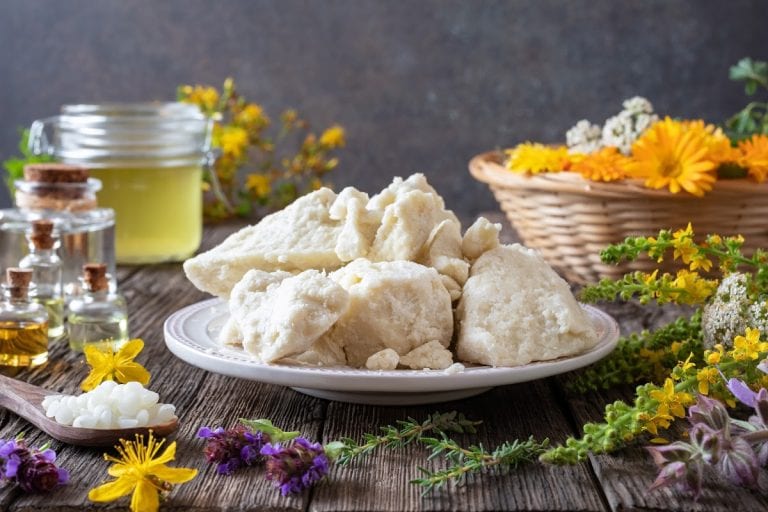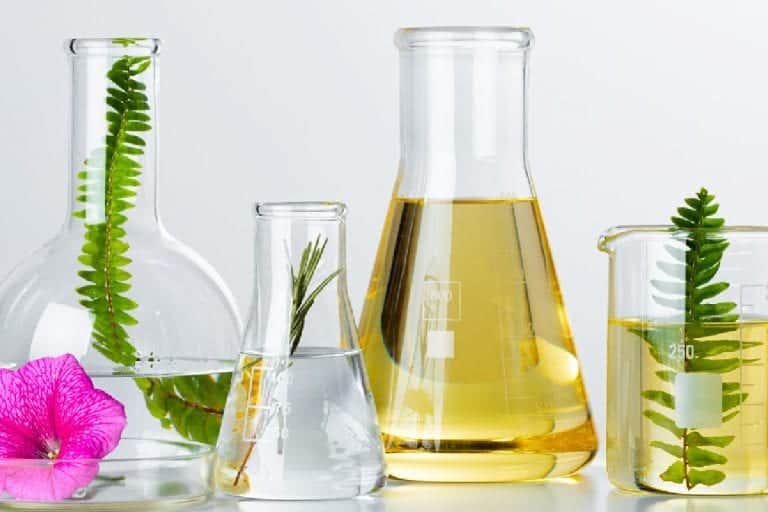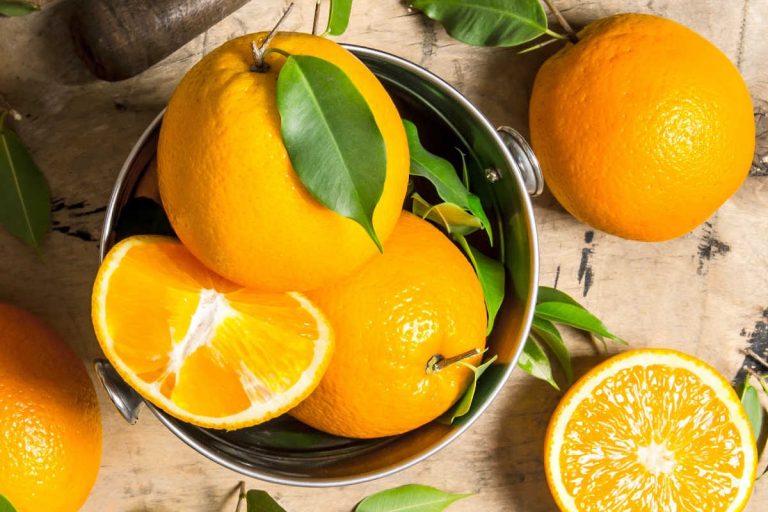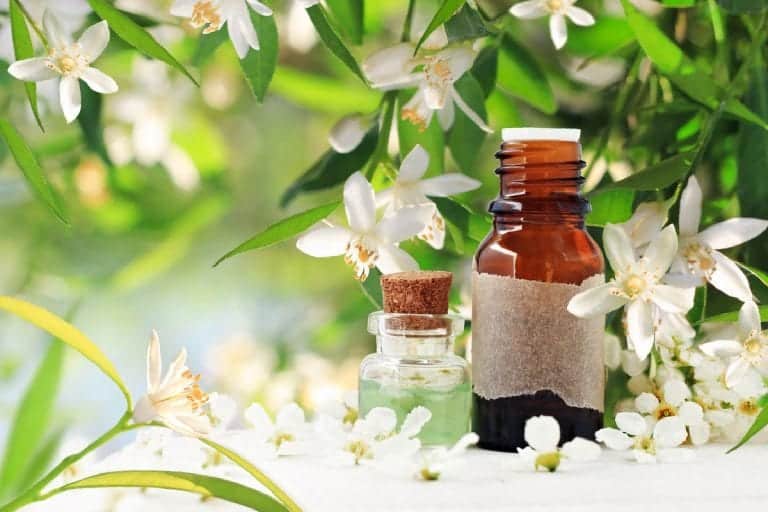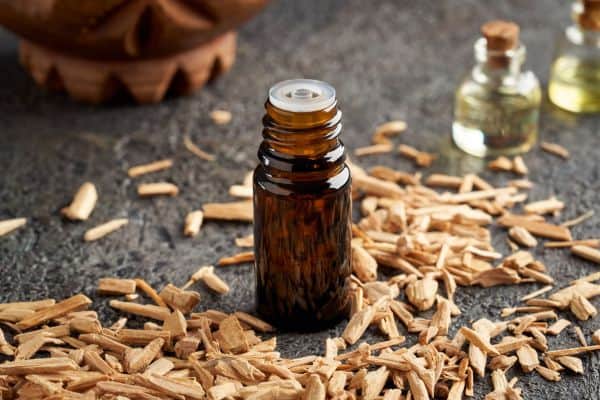Back up that sudden flash of Woodstock – using patchouli essential oil for holistic skincare can be a huge win for your handmade product line.
It’s true – patchouli is more than a powerful scent-masker used by 1960s counter-culture! Patchouli EO tends to be a love-it-or-hate-it aroma when on its own, but it can be used in a variety of blends to rejuvenate the skin and overall wellness of the body in proportions that anyone can enjoy.
If you are a skin care maker, get ready to appreciate the science-backed evidence as to WHY patchouli will be such a win for your handmade business, as well as some great recipes to get you started formulating with the entire terrain in mind.
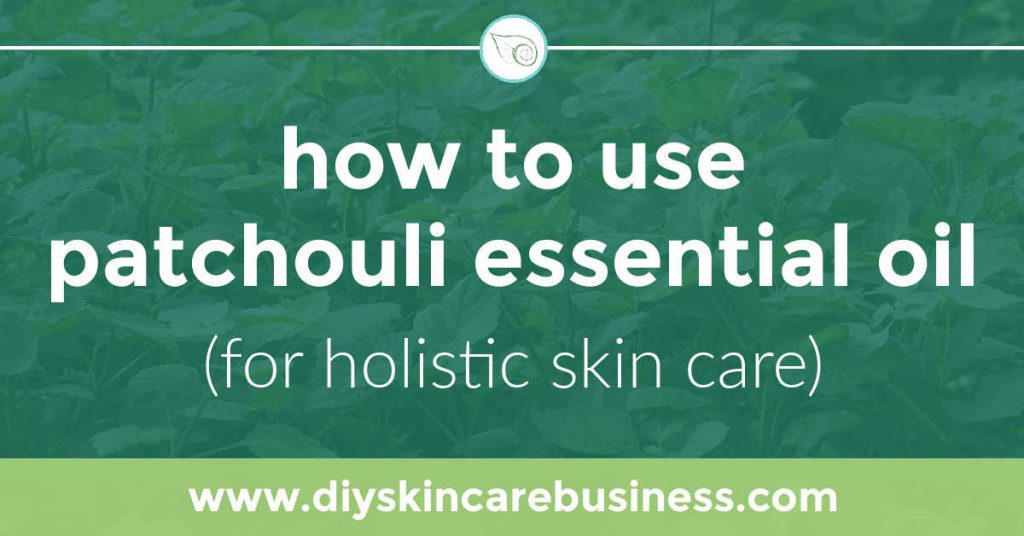
This post may contain affiliate links, meaning I get a commission if you decide to make a purchase through my links (at no cost to you). Please read the disclosure for more information.
Patchouli Essential Oil Profile
What is Patchouli Essential Oil?
Some plants have special cells that cause them to be highly aromatic. In the case of patchouli, these fragrant cells are in the leaves.
In a process called steam distillation, the volatile components of the leaves are separated from the plant material.
The resulting droplets (from the volatile components) are referred to as patchouli essential oil.
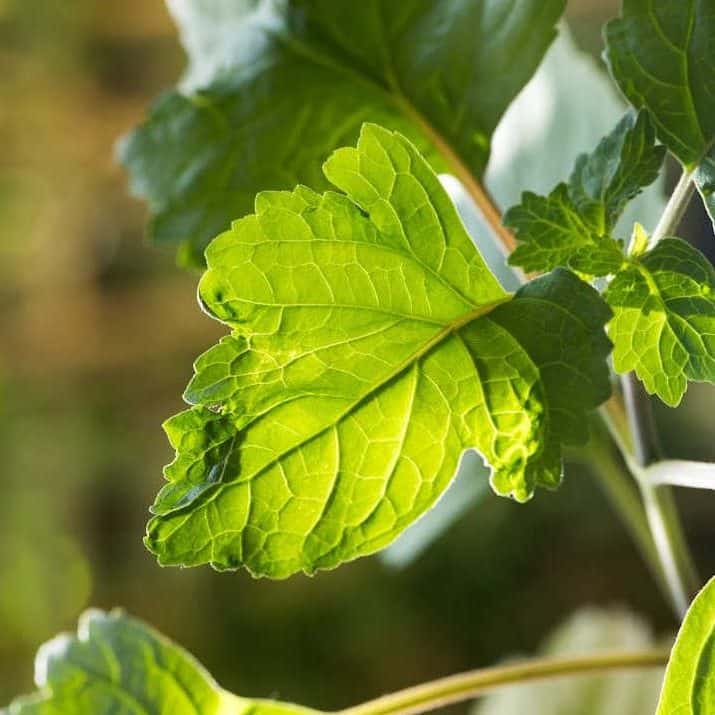
Essential Oils Broken Down
As you most likely remember from your grade school science class, everything is made up of something smaller.
An apple has around 300 substances (aka constituents), including water, glucose, fructose, lignin, iron, calcium, magnesium, etc.
The composition of air includes nitrogen, oxygen, argon, carbon dioxide, neon, methane, etc.
So it makes sense that essential oils are made up of smaller molecules as well, and most have somewhere in the range of 200 different constituents.
This mix of molecules is what gives each oil its ‘personality’ (scent, therapeutic properties, thickness, etc.).
Some of these molecules are only in super teeny-tiny trace amounts. Others have significant percentages in a certain component.
These larger percentages of a certain molecule (or chemical family) are what ‘drive’ the use of an essential oil, meaning how an individual oil is used and for what reasons.
Most Prominent Components in Patchouli
Patchouli (Pogostemon cablin) has the highest percentages of patchoulol (30.36%) and δ-guaiene (17.80%).
These percentages are very significant* when compared to the other constituents present in patchouli essential oil.


*The charts above are taken from a GC/MS report for a batch of Pogostemon cablin on March 16, 2021 (Lot #: Patchouli P20108) – however, most patchouli (of the same species) are rich in the same components.
Patchoulol (Sesquiterpenol Chemical Family)
In vitro research supports that in general, many oils in the sesquiterpenol chemical family have the following therapeutic activity:
antibacterial, antispasmodic, anti-inflammatory, cooling, grounding, immune stimulant, sedative, skin-healing
δ-Guaiene (Sesquiterpene Chemical Family)
In vitro research supports that in general, many oils in the sesquiterpene chemical family have the following therapeutic activity:
antifungal, analgesic, anti-inflammatory, antispasmodic, antibacterial, cicatrisant, cooling, grounding, sedative

What Does This Patchouli Chemistry Even Mean???
Pause. You absolutely do not need to memorize the information above to make handmade skin care products.
The dive-in simply illustrates the science-backed WHY behind using patchouli essential oil for HOLISTIC skincare.
In the descriptions of the prominent components in patchouli above, notice the range of in vitro therapeutic activity:
- antispasmodic (definition: relieves spasms of voluntary and involuntary muscles)
- anti-inflammatory (definition: reduces redness, swelling, and pain)
- grounding (definition: balances physical, emotional, and mental energy states)
- sedative (definition: calms and tranquilizes by lowering the functional activity of an organ or body part)
Summary: This breakdown of components shows that patchouli essential oil has an effect on our skin when used topically, the actual physiology of our body (the way our body functions), and how our brains perceive and react to its current state and environment.
With that assortment of therapeutic properties, patchouli essential oil has SO much more to be known for than being the signature scent of Woodstock.
Safety Notes for Patchouli Essential Oil
Before you learn HOW to use patchouli essential oil for holistic skincare, a word about safety.
Sesquiterpene and sesquiterpenol-rich essential oils (such as patchouli) are generally safe oils and not known to be skin irritants if they aren’t oxidized.
Sidenote: An oil becomes oxidized when exposed to heat, air, and over time. When stored tightly sealed, in a cool environment, and used before the 6-year general shelf-life for oils high in sesquiterpenes, it is likely that your patchouli oil will not become oxidized.
Though considered a ‘safe’ oil, patchouli still needs to be diluted correctly before being applied to the skin, and consideration given to the individual to whom it is being applied.
Dilution rates:
When using patchouli on the skin for daily use, you must stick to the dilution chart below to avoid intense skin irritation.
Essential oils in general are too strong to apply to the skin straight out of the bottle (aka ‘neat’), so it has to be added to a carrier oil in order to be safely diluted.
Pregnancy/Nursing
Patchouli essential oil is not contraindicated during pregnancy or nursing, but the basic essential oil safety during these times should still be followed:
- Avoid essential oils during the first trimester.
- During second and third trimesters, pregnancy-safe essential oils may be used for support at a 1% dilution.
- Avoid using essential oils on a daily basis while pregnant.
- Use essential oils under the guidance of an aromatherapist or midwife.
Kids
Likewise, patchouli is not contraindicated for children, but the following safety parameters with all essential oils should be followed:
- No essential oils should be applied to the skin of children under the age of 5 years old. (Using hydrosols on the skin is a safe option to use on babies and kids in this age range.)
- Keep to a 1% dilution for topical use on children 5-12 years old.
- Gentle essential oils can be diffused around babies and younger children in ten-minute increments (use half the amount of drops in the diffuser than used with adults).
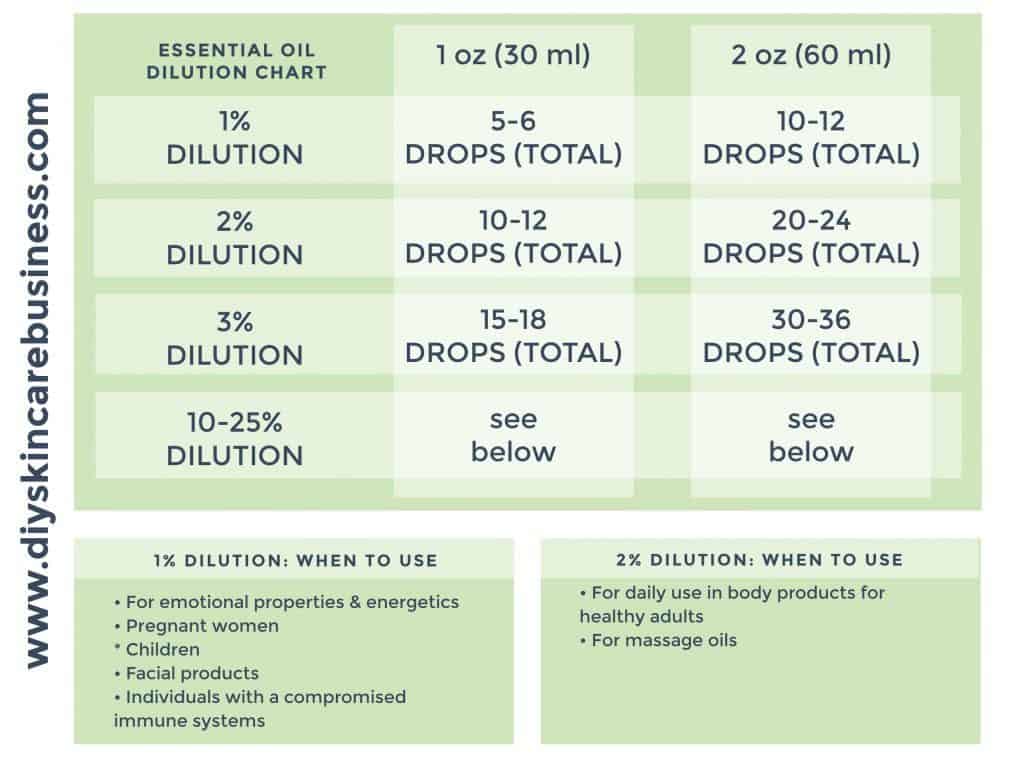
Grab a FREE copy of this essential oil dilution chart here: Skin Care Maker’s Reference Pack
What is ‘Holistic’ Skincare?
When something is ‘holistic’ it means all of the parts (of a whole) are intimately interconnected.
In ‘holistic health’, you consider the treatment of the whole person, taking into account mental and social factors rather than just the immediate symptom at hand.
When applying this approach to skincare, you’re not just going to hand over a moisturizing facial serum to combat dry skin patches.
From the view of a holistic skincare entrepreneur, you’ll want to make sure that your customer is also:
- Hydrating throughout the day
- Getting enough sleep
- Managing stress appropriately
- Eating healthfully, exercising regularly, etc.
- Addressing any physical pain or discomfort
All of these factors (and more) contribute to skin health – no amount of skin care product can ‘fix’ skin that isn’t being cared for with a mindful lifestyle.
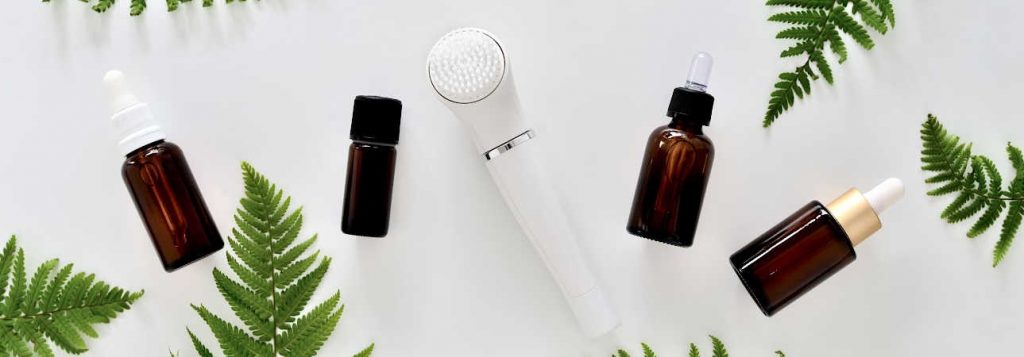
Patchouli Essential Oil and Holistic Skincare
Mental Wellness:
Mental wellness plays such a heavy hand in the appearance of skin (even if you don’t find out until your later years).
Skin is a great communicator about what is happening on the inside of your body – physically and emotionally.
Tending to mental health with essential oils is a fantastic way to tend to your skin health as well.
Patchouli has uplifting and calming effects to counteract mild depression; it has balancing properties that can reduce stress and anxiety.
Using inhalation products throughout the day that include patchouli is a great way to keep you in the ‘green zone’ – this means that your immune system is at its best!
Tranquility blend (featuring patchouli essential oil):
- Bergamot essential oil (Citrus bergamia)
- Patchouli essential oil (Pogostemon cablin)
- Sweet Orange essential oil (Citrus sinensis)
- Ylang Ylang essential oil (Cananga odorata var. genuina)
- Grapefruit essential oil (Citrus paradisi)
For use in a diffuser:
Put two drops of each essential oil above into a diffuser (for use around adults).
If making a stock bottle, include 20 drops each for a 5mL bottle or 40 each for a 10 mL bottle.
Not familiar with diffusers? They disperse essential oils in the air so that you receive therapeutic benefits through inhalation. There are several different types (clay, electric, and candle).
For use in aromatherapy roller:
Add 2-3 drops of each essential oil into a 10 mL roller bottle and top with your favorite carrier oil blend (the most common is fractionated coconut oil, but I also like to add jojoba oil to mine).
A roller bottle is a small glass cylinder with a ball (plastic or metal) on top that allows you to roll the essential oil blend onto pulse points for absorption and inhalation benefits:
Muscle/Physical Pain:
Physical pain is also a key player in skin care, as it can limit the processes our body needs to rejuvenate itself.
When an individual is in pain, they are not breathing as deeply (limiting oxygen intake needed for cell repair), not sleeping as soundly (restorative sleep is also needed for cell repair), and not able to move/exercise as much as a body needs for optimal functioning.
Patchouli essential oil is a great base in topical blends to combat stress-related aches, muscle spasms, and tension (thanks to its antispasmodic and analgesic therapeutic properties).
Muscle and Tension Support Blend (featuring patchouli essential oil):
- Patchouli essential oil (Pogostemon cablin)
- Vetiver essential oil (Chrysopogon zizanioides or Vetiveria zizanioides)
- Grapefruit essential oil (Citrus paradisi)
For use in a massage oil:
Add 6 drops patchouli, 6 drops vetiver, 3 drops grapefruit essential oil to 1 oz of a carrier oil base.
Grapeseed carrier oil is an excellent base for nighttime massage, as it is light and easily absorbed – no worry about being greasy and rolling over onto clean sheets.
For use in bath salts:
- 1 oz coarse-grain Himalayan salt
- 1 tsp liquid castile soap
- 2 drops patchouli, 2 drops vetiver, 1 drop grapefruit essential oils
When choosing types of salt for use in baths or foot soaks, a coarse grain Himalayan salt has the best blend of minerals (magnesium, potassium, calcium chloride, and bromides).
Patchouli Essential Oil and ‘Regular’ Skincare
Outside of its benefits for mental wellness and tending to physical pain, patchouli is one of the best essential oils for topical use when addressing skin disorders.
Patchouli is a go-to for promoting skin healing, such as scar tissue, inflammation, sores, eczema, dry patches and wounds.
It is also an effective moisturizer and cooling essential oil.
When experimenting on your own, remember that patchouli essential oil is atomically thick and heavy, so it sits on top of the skin for longer. Blend it with a thinner, lighter essential oil (such as citrus or conifer) that absorbs more quickly for a balanced blend.
If you want some tried-and-true recipes that use the healing power of patchouli, check out the expertly formulated options below.
Topical Patchouli Skincare Recipes
Need more recipes for your shop? Check out the Natural Skin Care Recipe Ebook that includes 50 retail-ready formulations for your handmade skincare line:
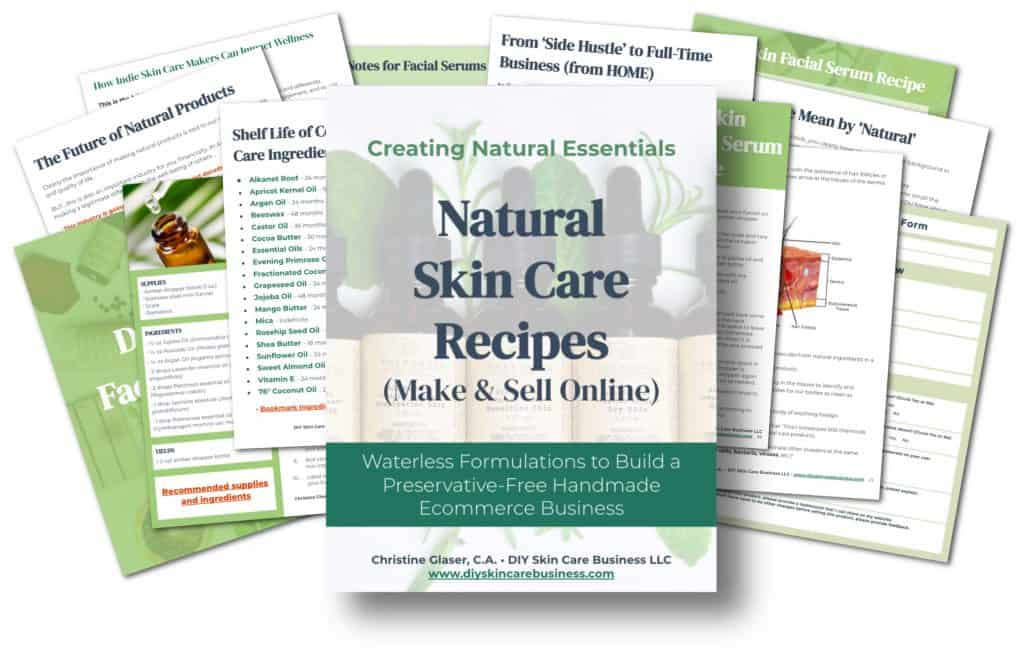
The Natural Skin Care Recipe (e)Book
The Best Vendor for Patchouli Essential Oil
As a certified aromatherapist, Plant Therapy is my go-to essential oil distributor.
You can buy patchouli essential oil in 10, 30, and 100 mL sizes, as well as bulk sizes if you’re a high-volume maker.
Plant Therapy also carries organic patchouli essential oil and pages of pre-made patchouli products if you’re not ready to make your own yet.

All my best to you, fellow maker, as you begin using patchouli essential oil for holistic skincare – starting to blend with a lens of overall wellness is a game-changer.
I look forward to hearing how this approach strengthens your handmade skin care journey!
Grow Your Skin Care Business!
Browse through the resources below to boost your handmade business visibility and profitability!
